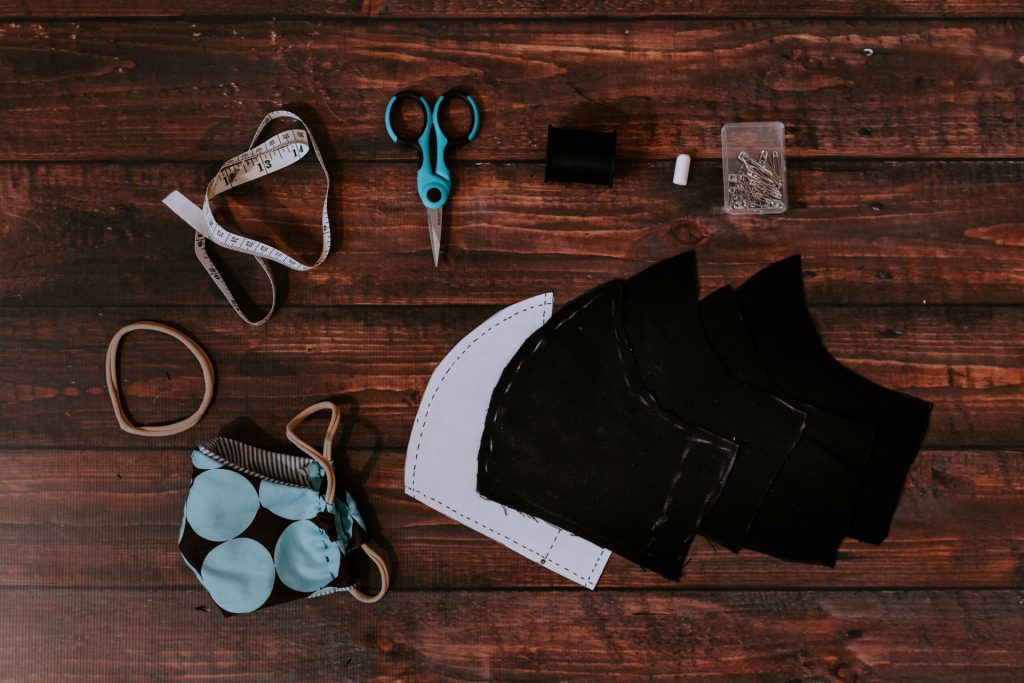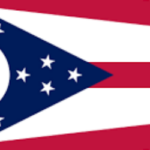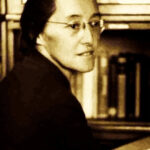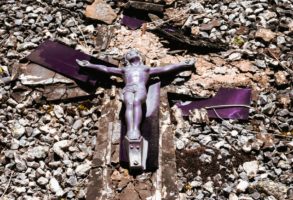
Published June 11, 2020
In the summer of 2005, Susan Walker Schulenberg was sitting in her living room, reading the Chicago Tribune with her toddler playing at her feet, when she came across a small article in the paper’s Metro section that covers local crimes. One headline stopped her cold. It was a report of a newborn baby whose lifeless body was found in a landfill not far from her home in the suburbs. Susan’s heart was moved with pity for the child, who was to be buried by the local county sheriff’s office, unnamed and unmourned.
“To this day, I am not exactly sure why I picked up the phone and called the Lake County Sheriff,” she said. “But I did and found myself asking if I could claim the baby’s body and arrange for a funeral that would be done properly.” Instead of being met with gratitude for her offer, Schulenberg was instead met the next morning by two Lake County deputies, who knocked on her door. “Then they politely informed me that they needed to take a DNA sample, and swabbed my cheek,” she recalls. “They had to rule out whether or not I was the abandoned baby’s mother.”
“Our office had never had a complete stranger call and ask to claim the body of — much less provide a funeral for — an abandoned baby before,” said Mark Curran, the sheriff of Lake County, Illinois, from 2006-2019 and now the Republican candidate for U.S. Senator. “Of course, the office’s immediate suspicion would have fallen on Susan — was she the mother of this baby, trying to take back her child’s body because she felt guilty? The sheriff’s office could not release the child’s remains until she had been checked out.”
When the DNA tests concluded that Schulenberg was not, in fact, the baby’s biological mother, she was permitted to claim the remains. She learned only then he was a boy and had likely lived only a few hours. Although the Sheriff’s office had planned on naming him Baby Boy Doe, Schulenberg also asked for, and was granted, permission to give him a name. Plans for the funeral of baby Michael Gerard were then underway.
“I wanted to name him for two strong, masculine patron saints,” Schulenberg explains. “I wanted him to have a dignified funeral. I called my pastor and asked him if he would offer a funeral Mass, and if our parish could have a public service for him.” Her pastor readily agreed and — much to her surprise, and by word of mouth only — 75 complete strangers attended Michael’s funeral and burial. “And this was in the days before Twitter and Facebook!” she noted.
Schulenberg’s initial act of charity for one child quickly — but sadly — blossomed into a full-time ministry. As the sheriff’s office in Lake County and neighboring Cook County continued to find abandoned newborns, Schulenberg continued to claim their bodies, not only arranging for donated caskets and funeral Masses at her local Catholic parish for them, but also sewing each child a burial gown — or “angel gown” as she prefers to call them.
“As I shared what I was doing with friends and neighbors, I began to receive donations of old wedding gowns, first Communion dresses, and white or cream prom and quinceañera dresses,” she said — which she then repurposed into burial outfits for the children. “Some babies were just too small to fit into a gown, so in those cases, we can make a gorgeous silk bag for the child’s remains. Something beautiful and dignified, with a name for the baby embroidered on the outside.”
An accomplished seamstress, Schulenberg loved the project, yet as news spread of her efforts, so did the volume of work. Since the funeral of baby Michael in 2005, Schulenberg has helped to bury more than 40 abandoned newborn infants. Her work then expanded to stillborn and older miscarried babies.
“As word of what I was doing spread, I had to recruit others to help me sew, and the response was overwhelming,” she said. Schulenberg and the ministry she created — Rest in His Arms — now hosts regular “sewing Saturdays” where more experienced sewers will train beginners how to help make the garments. “Even a middle-schooler can cut out a pattern from an old wedding gown,” — noted. “Pretty much anyone who can use a pair of scissors can help us. And I am happy to train anyone who wants to learn to sew and will commit to helping out long-term.”
A new ministry
But when the COVID-19 epidemic began to hit the Chicago area hard, Schulenberg was suddenly compelled to change the focus of her work.
“My biological sister is also a sister,” she explained, laughing, “and my sister’s religious community was in desperate need of masks, which were becoming increasingly hard to find.”
Schulenberg’s sister, Sister Mary Walker, is a member of the Daughters of St. Mary of Providence, and the superior of the home the Daughters run for the developmentally disabled on Chicago’s Northwest side. Those with special challenges, like Down Syndrome, are at a greater risk for contracting the COVID-19 virus than the general population. Like many facilities that serve people with special needs, St. Mary’s home was not only facing a great need in providing staff and residents with personal protection equipment, but with it, a simultaneous drop in donations.
That’s where Schulenberg and her expert team of sewers stepped in. “I already had something of a production line, and plenty of material,” she explained. “My sister told me she needed masks, not only for the residents, but also for the other members of her religious community, their staff and their volunteers.
“I wanted to make face masks that were protective, but that were also fun and colorful — so that everyone who received one couldn’t wait to wear them,” she explained. One of the first masks she designed had a “Wonder Woman” theme — for her sister. “My sister is a wonder woman on so many levels — spiritually, practically, emotionally. I wanted a mask that recognized her tremendous gift of serving the Lord through giving of herself to others.”
As news of Schulenberg’s “mask ministry” spread, other organizations that serve the needy began to make requests. “So far, our team has sewn masks for Catholic priests and parish staff, and for other residential homes that serve the disabled and those with special needs, like Chicago’s Misericordia/Heart of Mercy.”
Parish food pantry staff, parish maintenance workers and others whose jobs don’t permit them to “socially distance” have also gratefully accepted. And unlike upscale apparel stores that are now selling masks for as much as $45 a piece, Schulenberg doesn’t charge for her products, although donations are welcome. She delights in the colorful patterns and prints she’s been able to create. “These are masks that are almost all one-of-a-kind, fun to wear and take some of the fear out of COVID-19, especially for young children and the elderly,” she said.
Her commitment to making masks that people “want to wear” is so genuine that, as a Chicago-area resident and Chicago Bears fan, she even made a Green Bay Packers-themed mask for a priest friend in Wisconsin, albeit grudgingly. “During a time of crises, we all have to put aside our differences to work together,” she said. “I never thought things would get so drastic that I’d have to make a Packers mask, but apparently God was asking that sacrifice of me,” she sighed, and laughed. “And it’s not even Lent anymore.”
To learn more about Rest in His Arms ministry, visit their website. Custom masks can also be requested.
Mary Hallan FioRito is an attorney and the Cardinal Francis George Fellow at the Ethics and Public Policy Center in Washington, D.C., and the deNicola Center for Ethics and Culture at the University of Notre Dame. She writes from Chicago.











